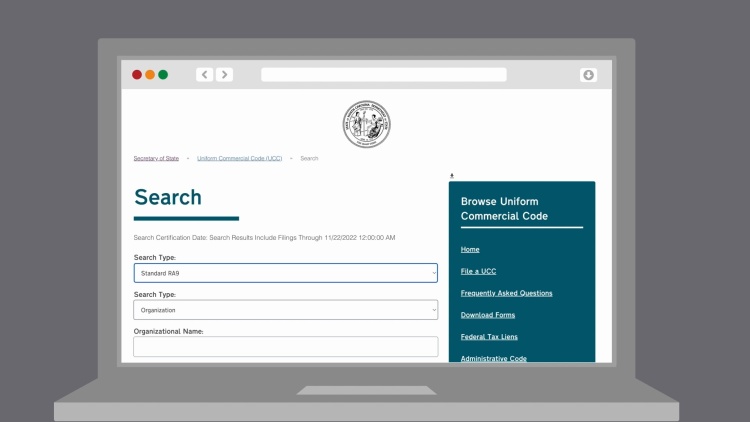In re PTM Technologies, Inc.
United States Bankruptcy Court for the Middle District of North Carolina
452 B.R. 165 (2011)

- Written by Josh Lee, JD
Facts
PTM Technologies, Inc. (PTM) (plaintiff) obtained four loans from Maxus Capital (Maxus) (defendant). These loans gave the holder a security interest in certain collateral. Maxus sold some of those loans to GE Capital (defendant). Both Maxus and GE Capital filed financing statements with the North Carolina Secretary of State’s office to perfect their security interests and make the interests enforceable. However, both companies’ financing statements listed “PTM Tecnologies, Inc.” as the debtor, incorrectly leaving out the “h” in PTM’s name. The North Carolina Secretary of State’s website allows searches for Uniform Commercial Code filings, like financing statements. The website’s default search mode is called Standard RA9 that is set out in the governing regulations. This mode expands search results by interpreting the debtor’s name broadly, like dropping punctuation marks and noise words. This standard search did not reveal either the Maxus or the GE Capital financing statements. However, the website had an alternative search method that provided results that sounded like the name searched. This method did reveal these financing statements. Later, PTM filed for bankruptcy. PTM filed adversary actions against Maxus and GE Capital, alleging that the security interests were not perfected because the financing statements were filed under the wrong name. PTM argued that this meant that the security interests were not enforceable, and it sought to avoid those interests. The parties filed competing motions for summary judgment.
Rule of Law
Issue
Holding and Reasoning (Stocks, J.)
What to do next…
Here's why 907,000 law students have relied on our case briefs:
- Written by law professors and practitioners, not other law students. 47,100 briefs, keyed to 996 casebooks. Top-notch customer support.
- The right amount of information, includes the facts, issues, rule of law, holding and reasoning, and any concurrences and dissents.
- Access in your classes, works on your mobile and tablet. Massive library of related video lessons and high quality multiple-choice questions.
- Easy to use, uniform format for every case brief. Written in plain English, not in legalese. Our briefs summarize and simplify; they don’t just repeat the court’s language.





